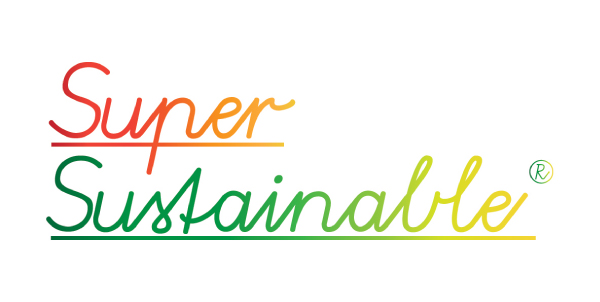
Detroit used to be the center of car production in the US. Since much of the production moved to Asia in the 1970´s, the city has been struggling with a decreasing population, high level of unemployment and abandoned buildings. Satellite images show an urban core giving way to an urban prairie. This led way for a new of using the city. Urban farmers have embraced the abandoned lots, gradually converting 15 acres of idle land into more than 40 community gardens and microfarms, some covering entire blocks.
A number of authorities, non-profit organizations, individuals and volunteers are collaborating to promote and encourage urban agriculture. In a resource program for gardening hundreds of home, school and community gardens get access to resources and information in order to empower Detroit residents to grow, harvest, prepare, and preserve food for their families in their backyards and neighborhoods. Together they create a more sustainable Detroit where locally grown vegetables and produces can be bought at your local market.
[bild: http://anthropik.com/]
LINKS
Detroit agriculture network
Earthworks urban farm
Urban farming

I love youe idea, take a look at cohousing and house co-ops- I think if you had a city full of these then your carbon foot print would be much lower because you are many resources and encouraging community developmen
ReplyDeletei believe that in the future, a once thriving city gone nearly ghost town, will become a hub of environmental growth and rich with new technology to make the state a greener place to live, and will motivate other states to fallow as well.
ReplyDelete